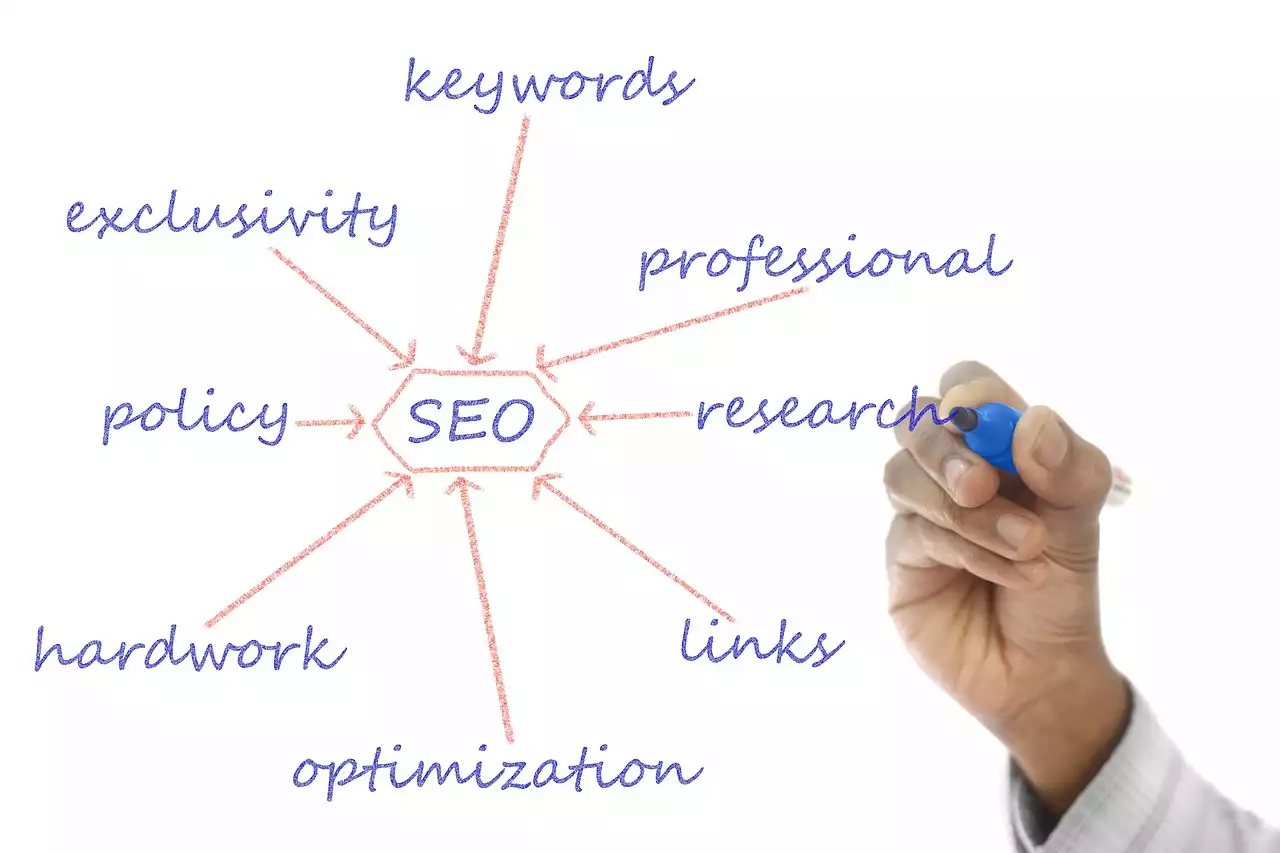Why international SEO is challenging
International SEO is challenging because it's not just about translating your website and content into different languages. It's about understanding the cultural nuances and differences that exist in different countries and regions. For example, the same keyword might have different meanings in different countries, or search terms might be written differently in different languages. Therefore, businesses need to do thorough research to understand the cultural differences in their target markets.
Another challenge with international SEO is that there are different search engines in different countries. For example, Google is the dominant search engine in most countries, but in China, Baidu is the most popular search engine. This means that businesses need to optimize their websites for different search engines, which can be time-consuming and challenging.
Finally, international SEO is challenging because of the technical aspects involved. For example, businesses need to ensure that their website is hosted in the country they are targeting, and they need to use hreflang tags to indicate which language and country the content is intended for. These technical aspects can be difficult to understand and implement, especially for businesses with limited technical expertise.
Language and cultural barriers in international SEO
One of the biggest challenges in international SEO is the language barrier. When businesses expand into new markets, they need to ensure that their content is translated into the local language. However, it's not enough to just translate the content word for word. Businesses need to ensure that their content is culturally relevant and appropriate for their target audience.
For example, certain words or phrases might have different meanings or connotations in different languages or cultures. Therefore, businesses need to do thorough research to ensure that their content is culturally appropriate and relevant to their target audience.
Another challenge with language and cultural barriers is that businesses need to ensure that their content is optimized for the local language and search terms. This means that businesses need to do thorough keyword research to understand the search terms that are used in their target market.
Technical challenges in international SEO
Another challenge in international SEO is the technical aspects involved. For example, businesses need to ensure that their website is hosted in the country they are targeting. This is important because it can affect the website's loading speed, which can impact its search engine rankings.
Businesses also need to use hreflang tags to indicate which language and country the content is intended for. This is important because it helps search engines to understand which version of the content to show to users in different countries.
Finally, businesses need to ensure that their website is mobile-friendly, as this is becoming increasingly important for search engine rankings. This means that businesses need to ensure that their website is optimized for different devices and screen sizes.
Keyword research for international SEO
Keyword research is an essential aspect of international SEO. Businesses need to do thorough research to understand the search terms that are used in their target market. This means that businesses need to understand the nuances of different languages and cultures, as certain words or phrases might have different meanings or connotations in different countries.
Businesses also need to consider the level of competition for different keywords in their target market. This means that businesses need to do thorough research to understand the keywords that their competitors are targeting and to identify gaps in the market that they can exploit.
Finally, businesses need to ensure that their content is optimized for the keywords that they are targeting. This means that they need to ensure that their content includes the keywords in a natural and relevant way.
Content localization and translation
Content localization and translation are important aspects of international SEO. Businesses need to ensure that their content is translated into the local language and that it's culturally relevant and appropriate for their target audience.
This means that businesses need to do thorough research to ensure that their content is culturally appropriate and relevant to their target audience. They also need to ensure that their content is optimized for the local language and search terms.
Finally, businesses need to ensure that their content is of high quality and provides value to their target audience. This is important because it can help to establish the business as an authority in their target market and can help to attract and retain customers.
International link building strategies
Link building is an important aspect of SEO, and this is no different for international SEO. However, businesses need to ensure that they use the right strategies to build links in their target market.
One strategy is to build relationships with local businesses and websites in their target market. This means that businesses need to reach out to local websites and offer to exchange links or guest post on their website.
Another strategy is to create high-quality content that is targeted at their target market. This can help to attract links from local websites and businesses, which can help to improve the business's search engine rankings.
Finally, businesses need to ensure that they use ethical link building strategies. This means that they should avoid using spammy or black hat SEO techniques, as this can harm their website's search engine rankings.
Local search optimization
Local search optimization is an important aspect of international SEO. Businesses need to ensure that their website is optimized for local search terms and that their business is listed in local directories and review sites.
This means that businesses need to do thorough keyword research to understand the local search terms that are used in their target market. They also need to ensure that their website includes local information, such as their address and phone number.
Finally, businesses need to ensure that their business is listed in local directories and review sites, such as Google My Business and Yelp. This can help to improve their visibility in local search results and can help to attract local customers.
Tracking and measuring international SEO success
Tracking and measuring international SEO success is important for businesses looking to expand overseas. Businesses need to ensure that they track their website's search engine rankings and traffic from different countries.
This means that businesses need to use analytics tools, such as Google Analytics, to track their website's search engine rankings and traffic. They also need to ensure that they set up goals and conversion tracking to measure the effectiveness of their SEO efforts.
Finally, businesses need to ensure that they use A/B testing to test different SEO strategies and to identify the most effective strategies for their target market.












